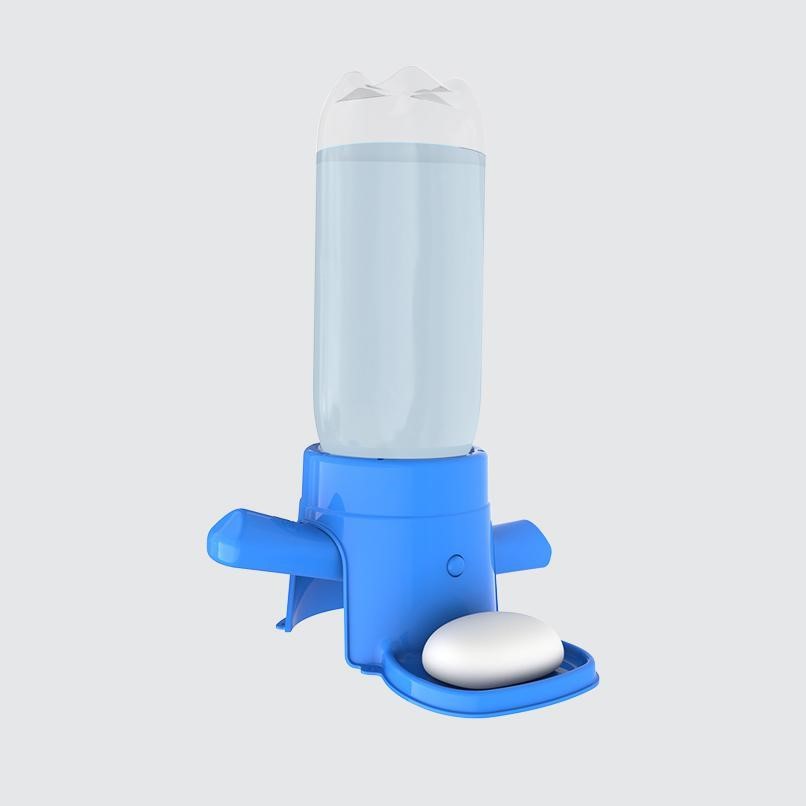The critical first line of defense against COVID-19 is thorough and regular handwashing with soap. While the pandemic has expedited changed behavior around hygiene across the world, many communities do not have access to functional handwashing facilities, leaving them extremely vulnerable to Coronavirus.

COVID-19 becoming a global headline, has brought the vast inequalities in access to water and sanitation to the forefront of public perception. Children living in developing economies will be among the hardest hit by the indirect effects of the pandemic.
According to UNICEF, despite children being largely spared the health consequences of infection, Coronavirus still has a profound effect on their wellbeing. The necessary mitigation measures put in place by most governments have had negative socio-economic impacts that may be irreversible.
“This is a universal crisis, and, for some children, the impact will be lifelong.” - UNICEF

During the UNICEF webcast, experts discussed how this is a critical opportunity to form multi-sector partnerships between governments, NGOs and private industry to accelerate access to sanitation facilities for vulnerable communities.
Addressing panelists, Erin McCusker, Vice President and Head of SATO, a part of LIXIL, explained how behavior is changing towards improving sanitation. “Looking ahead, the aim will be to sustain that momentum and keep it going” she added. “One of the challenges for marginalized communities is simply the access to a handwashing station. That ability to use a hand washing facility at home or after the bathroom.”
To help protect communities, SATO has launched a new device called SATO Tap. SATO Tap is developed to be affordable and attractive to low-income families and can be used anywhere, even without a supply of running water. The SATO Tap is simple, portable and uses less water than similar devices allowing for contactless operation; an elbow or wrist can turn the faucet on and off.
“The design reflects the SATO principles of affordability and simplicity,” McCusker continued.

“The SATO Tap is designed to accommodate smaller sachets of soap that are affordable and accessible to poorer households,” McCusker explained.
Ultimately, people need the appropriate tools to achieve proper hygiene and maintain beneficial behavioral changes.
Click the image below to watch the webinar.